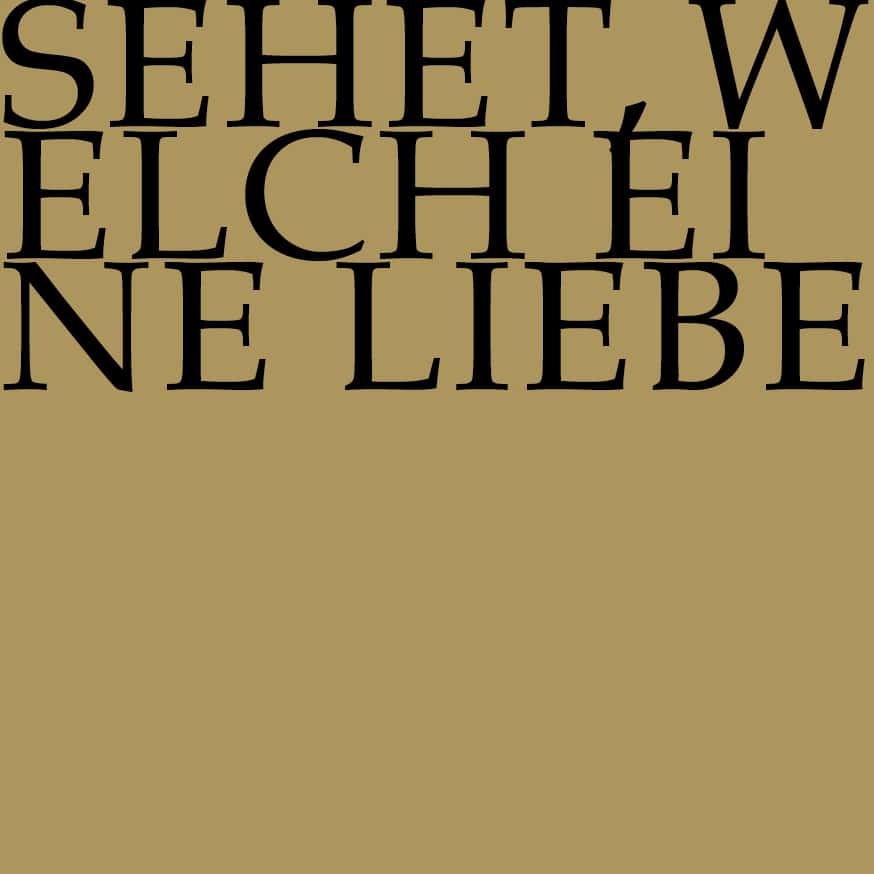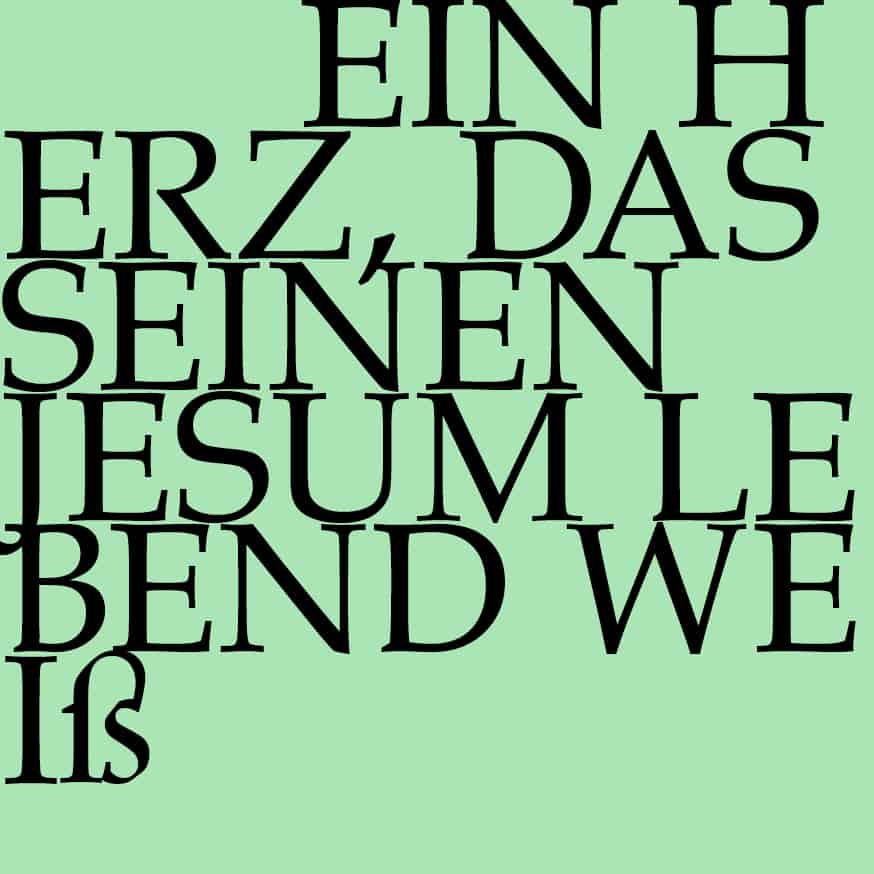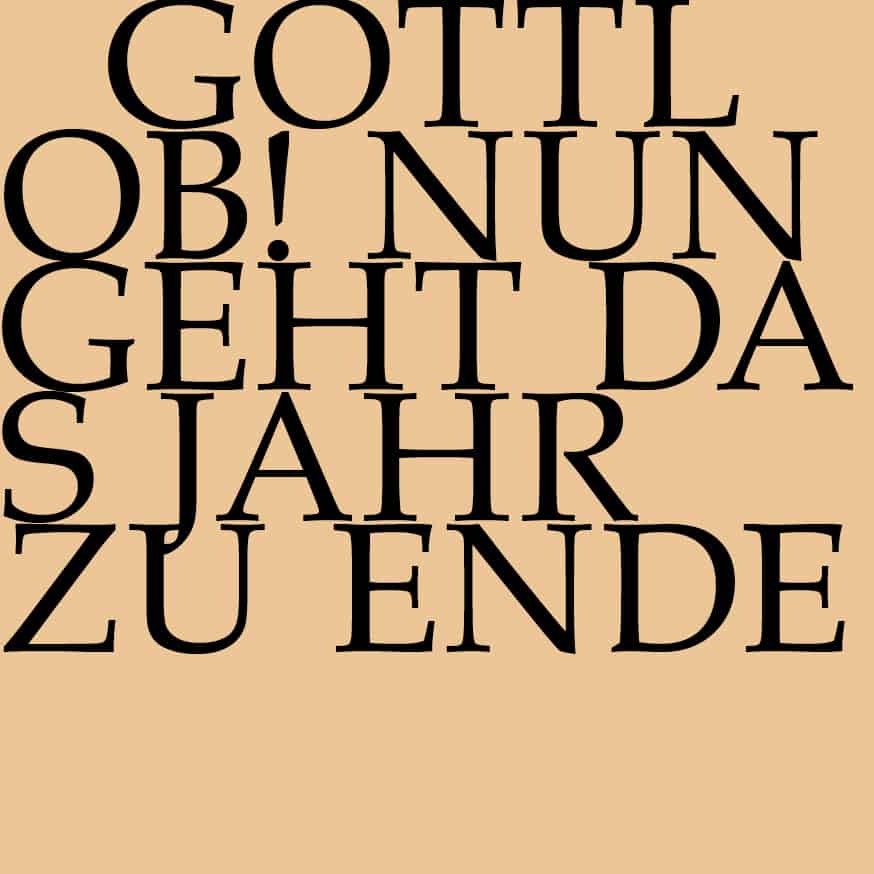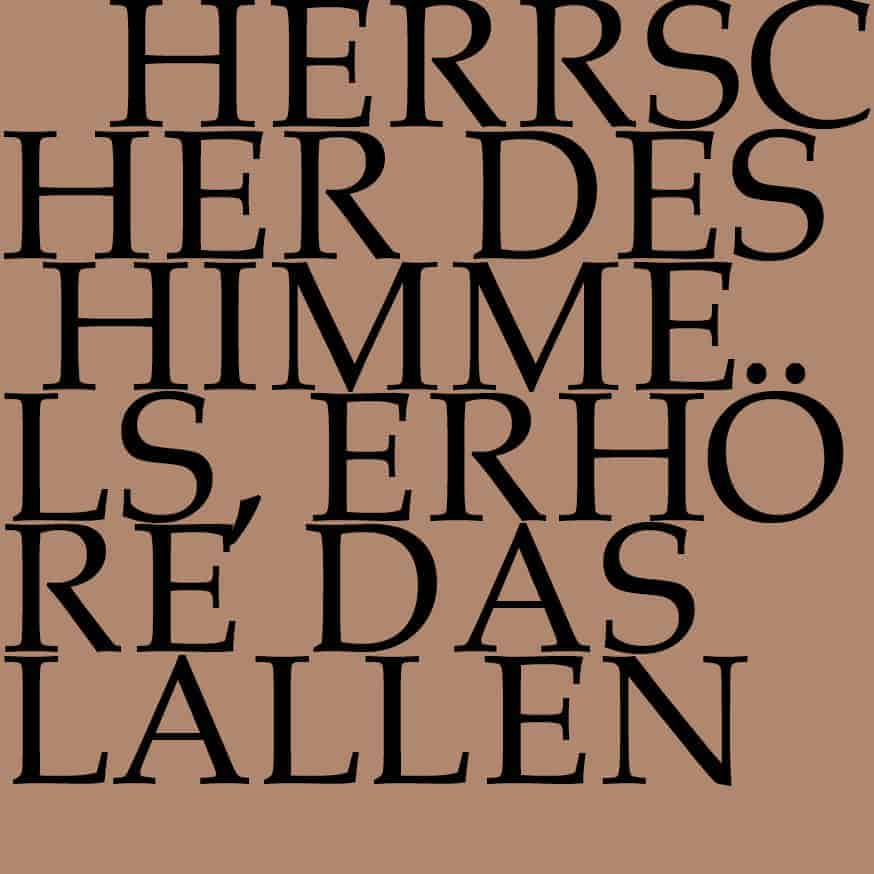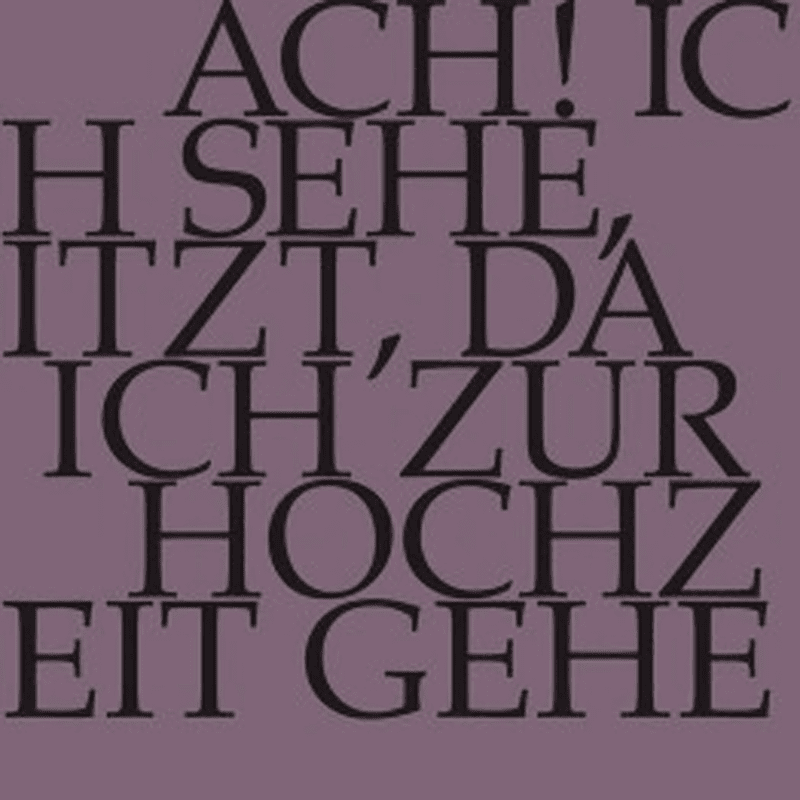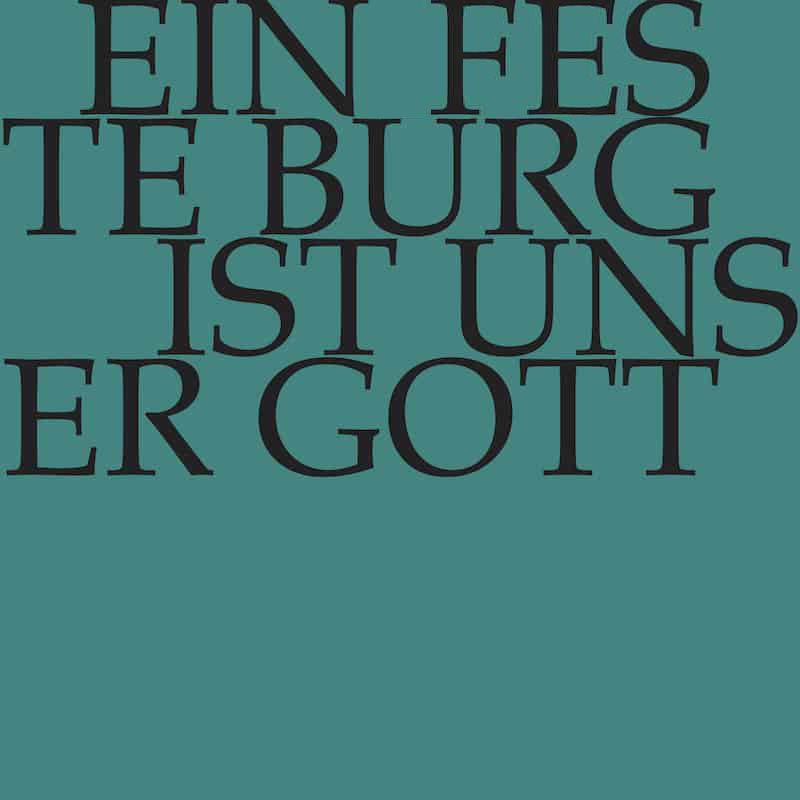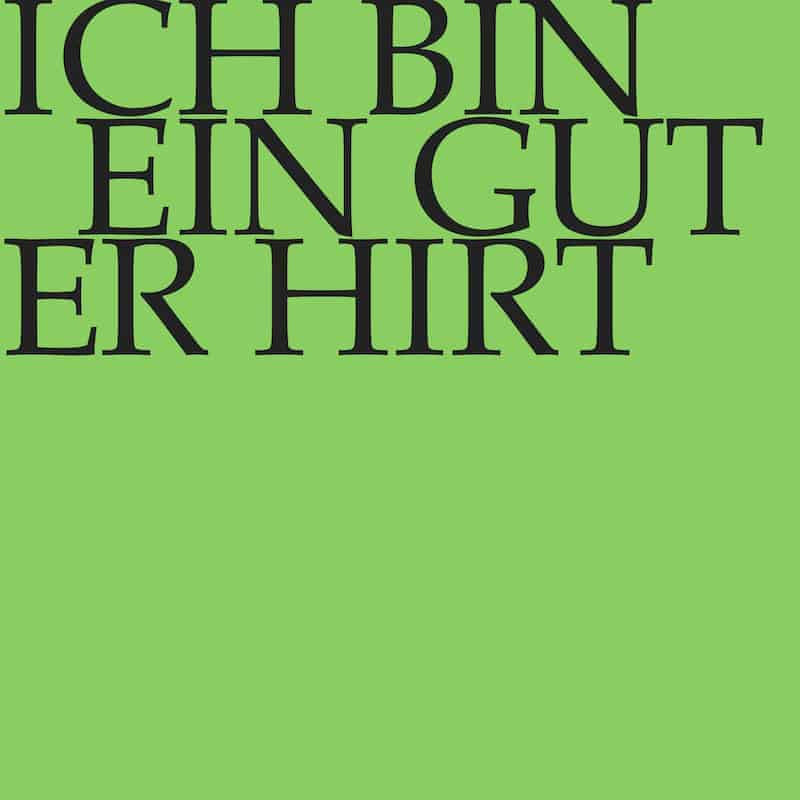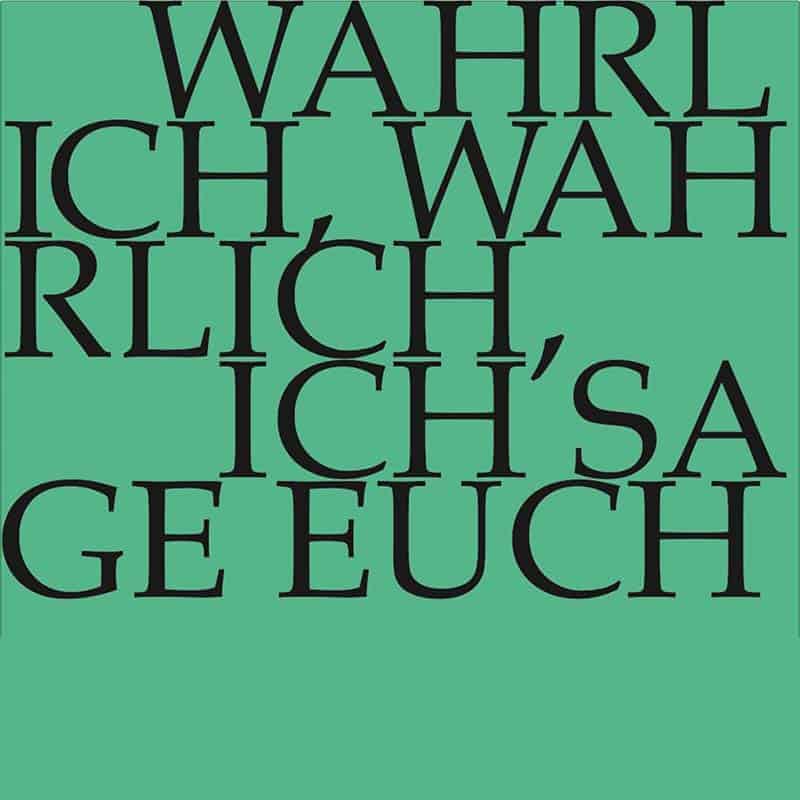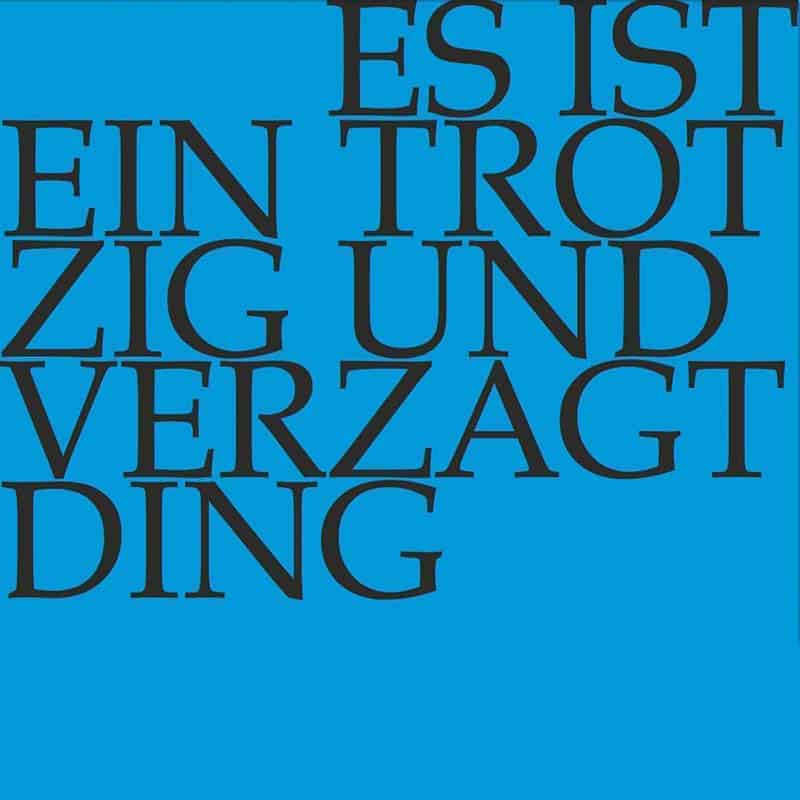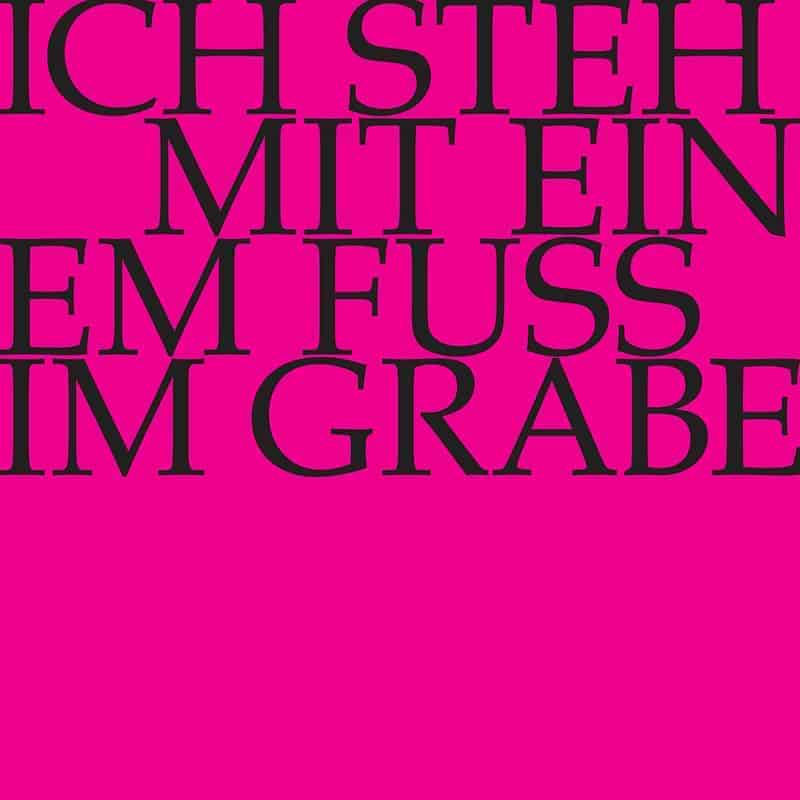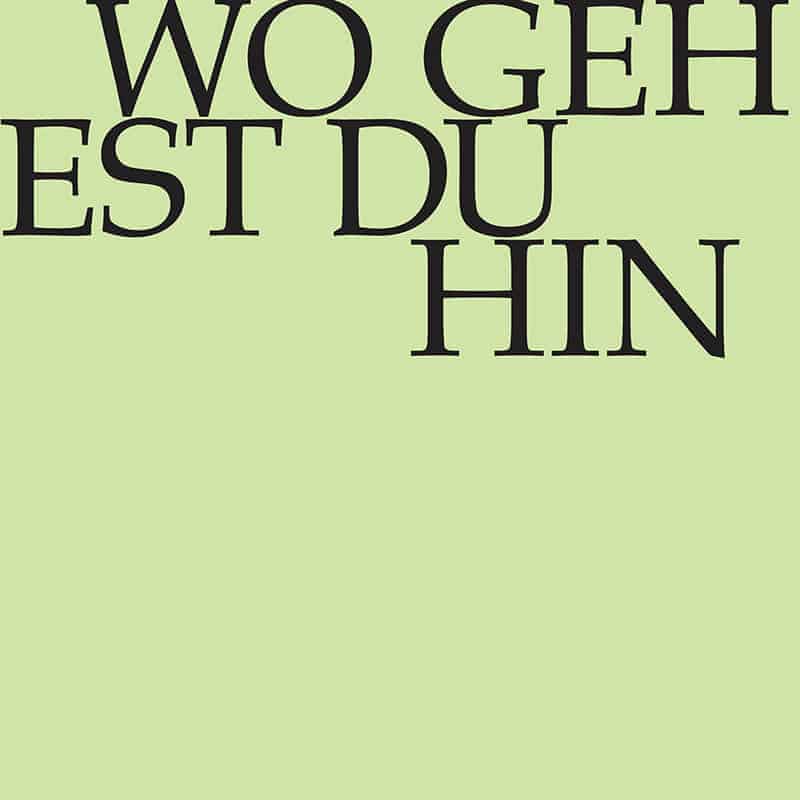(Mark ye how great a love this is that the Father hath shown us) for soprano, alto and bass, vocal ensemble, oboe d’amore, trombone I-III, cornett, strings and basso continuo
Archives
Ein Herz, das seinen Jesum lebend weiß
(A heart which doth its Jesus clearly know) for alto and tenor; vocal ensemble, oboe I+II, strings and basso continuo
Gottlob! nun geht das Jahr zu Ende
(Praise God! For now the year is ending) for soprano, alto, tenor and bass, vocal ensemble, cornett, trombone I–III, oboe I+II, taille, strings and basso continuo
Herrscher des Himmels, erhöre das Lallen
(Ruler of heaven, give ear to our stammer) for soprano, alto, tenor and bass, vocal ensemble, transverse flute I+II, oboe I+II, trumpets I-III, timpani, strings and basso continuo
Ach! Ich sehe, itzt, da ich zur Hochzeit gehe
(Ah! I see now, As I go to join the marriage) for soprano, alto, tenor and bass, flauto, corno da tirarsi, strings and basso continuo Cantata BWV 162 belongs to the “Evangelisches Andachts-Opfer” cycle of texts written by Salomo Franck in Weimar in 1715; whether Bach composed and performed the related cantata in 1715 or … Read More
Ein feste Burg ist unser Gott
(A mighty fortress is our God) for soprano, alto, tenor and bass, vocal ensemble, oboe I–III, oboe d’amore I–II, oboe da caccia, taille, trumpet, timpani, organ, strings and basso continuo Bach’s cantata BWV 80, “A mighty fortress is our God”, is set to Luther’s spirited hymn from 1529 that first entered the Protestant canon after … Read More
Ich bin ein guter Hirt
(I am a shepherd true) for soprano, alto, tenor and bass, oboe I+II, violoncello piccolo, strings and basso continuo
Freue dich, erlöste Schar
(Joyful be, O ransomed throng) for soprano, alto, tenor and bass, vocal ensemble, transverse flute I+II, oboe I+II, oboe d’amore, violino concertato, strings and basso continuo Recent research has corroborated the long-held assumption that Bach composed the greater part of his Leipzig cantatas during his first years there as Thomascantor. From 1730 onward, he then … Read More
Wahrlich, wahrlich, ich sage euch
(Truly, truly, I say to you) for soprano (vocal ensemble), alto, tenor and bass, oboe d’ amore I+II, bassoon, strings and basso continuo
Es ist ein trotzig und verzagt Ding
(There is a daring and a shy thing) for soprano, alto and bass, vocal ensemble, oboe I+II, oboe da caccia, bassoon, strings and continuo
Ich steh mit einem Fuß im Grabe
(I stand with one foot in the grave now) for soprano, alto, tenor and bass, oboe, strings and continuo. Cantata BWV 156 is distinguished by its poignant language and intimate scoring, and thus resembles the compositions of Bach’s Weimar period. But in fact, it belongs to the works that Bach, at least in part, composed … Read More
Wo gehest Du hin
(Where to dost thou go?) for soprano, alto, tenor and bass, oboe, strings and continuo. “Wo gehest du hin?” (Where to dost thou go?) – First performed on 7 May 1724, cantata BWV 166 begins with a Bible quote of a mere four words that are at once concise and enigmatic, and difficult to interpret … Read More


